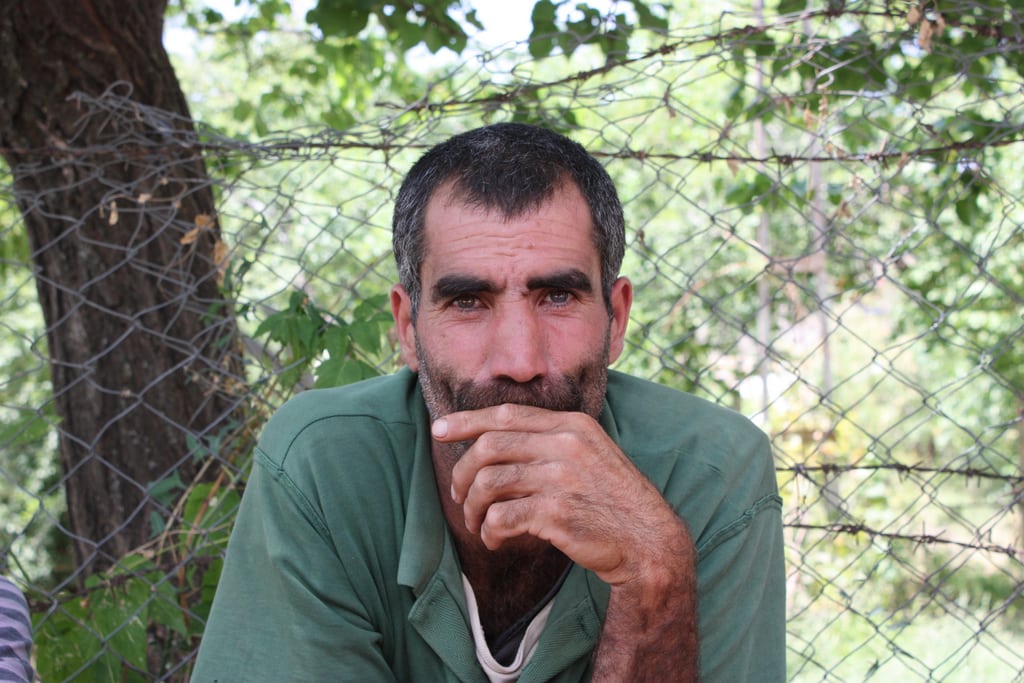Embracing The Charm Of Hairy Turkish Men
When it comes to the world’s diverse cultures, few can rival the unique appeal of Turkish men, especially those who flaunt their natural hairiness. From their rugged looks to their captivating charm, hairy Turkish men have become a symbol of masculinity and allure. Their distinctive features often captivate both local and international admirers, making them stand out in a crowd.
Hairy Turkish men are celebrated for their thick hair, beards, and overall robust appearance that reflects their heritage. This physical characteristic has deep cultural roots, often associated with strength, virility, and traditional masculinity. In a society increasingly influenced by global beauty standards, these men challenge conventional norms, embracing their natural hairiness as a badge of honor.
Moreover, the appeal of hairy Turkish men extends beyond their appearances. They embody a blend of rich history, cultural depth, and modern charisma. Their unique blend of East and West creates an intriguing allure that continues to draw attention worldwide. In this article, we will explore the various facets of hairy Turkish men, from their biological uniqueness to their cultural significance and everything in between.
What Makes Hairy Turkish Men Unique?
Hairy Turkish men are often distinguished by their striking physical characteristics, which include:
- Thick body hair and beards
- Strong facial features
- Robust physique
- Dark, luscious hair
These traits contribute to their distinctive masculinity, representing a blend of beauty and strength that is culturally significant in Turkey.
Are Hairy Turkish Men a Cultural Symbol?
Yes, hairy Turkish men have become cultural symbols in many ways. In Turkey, hairiness is often associated with traditional masculinity. This perception is rooted in historical and cultural narratives that celebrate the strength and virility of men. The portrayal of hairy men in Turkish cinema and literature further reinforces this idea, making them icons of rugged masculinity.
How Do Hairy Turkish Men Embrace Their Identity?
Hairy Turkish men often embrace their identity through various means, such as:
- Fashion choices that highlight their features
- Social media presence showcasing their looks
- Participation in cultural events that celebrate masculinity
This embrace of their natural appearance allows them to connect with their heritage while also appealing to contemporary aesthetics.
Who Are Some Famous Hairy Turkish Men?
In the realm of celebrity, several hairy Turkish men have gained international fame. These individuals not only represent Turkish masculinity but have also made significant contributions to their fields.
| Name | Profession | Notable Work | Hairy Feature |
|---|---|---|---|
| Burak Özçivit | Actor | Diriliş: Ertuğrul | Thick beard and chest hair |
| Can Yaman | Actor | Erkenci Kuş | Stylish beard and long hair |
| Engin Altan Düzyatan | Actor | Diriliş: Ertuğrul | Rugged body hair |
How Do Hairy Turkish Men Influence Fashion Trends?
Hairy Turkish men have started influencing fashion trends both locally and globally. Their unique styles often incorporate traditional Turkish attire, modern street fashion, and an emphasis on showcasing their hairiness. The blending of these elements creates a fresh take on masculinity in the fashion industry, inspiring many to embrace their natural looks.
What Are the Beauty Standards for Hairy Turkish Men?
Beauty standards for hairy Turkish men tend to differ from Western ideals. While Western culture often celebrates clean-shaven looks, Turkish culture has a more inclusive view of masculinity that embraces body hair. This acceptance is reflected in the following aspects:
- Appreciation for rugged, natural appearances
- Encouragement of facial hair as a symbol of maturity
- Fashion that highlights hairiness rather than concealing it
Are Hairy Turkish Men Rediscovering Their Cultural Roots?
The rediscovery of cultural roots among hairy Turkish men is an ongoing trend. Many are embracing traditional practices that honor masculinity, such as:
- Participating in traditional Turkish festivals
- Promoting Turkish cuisine that celebrates heritage
- Engaging in conversations about masculinity and culture
Through these activities, hairy Turkish men are not only reclaiming their identity but also promoting a deeper understanding of their culture.
How Do Hairy Turkish Men Connect with their Heritage?
Hairy Turkish men often connect with their heritage through various cultural expressions, such as:
- Traditional music and dance
- Storytelling that reflects their history
- Art and poetry celebrating masculinity
This connection allows them to celebrate their uniqueness while also contributing to the broader narrative of Turkish culture.
What Can We Learn from Hairy Turkish Men?
Hairy Turkish men offer valuable lessons in self-acceptance and pride in one’s heritage. Their journey of embracing their natural looks challenges societal norms and encourages others to do the same. By celebrating their cultural identity, they inspire a movement towards authenticity and self-love in a world often obsessed with superficial beauty standards.
Article Recommendations
- Cast Of Shrek
- Is Bruno Mars Single
- Amy Lynn Bradley
- Deborah Van Valkenburgh
- David Arthur Carr
- Yasmin Bleeth
- Jan Bunch
- Sophie Rain Spiderman Vid
- Telegram Leaks
- Juliette Norton




